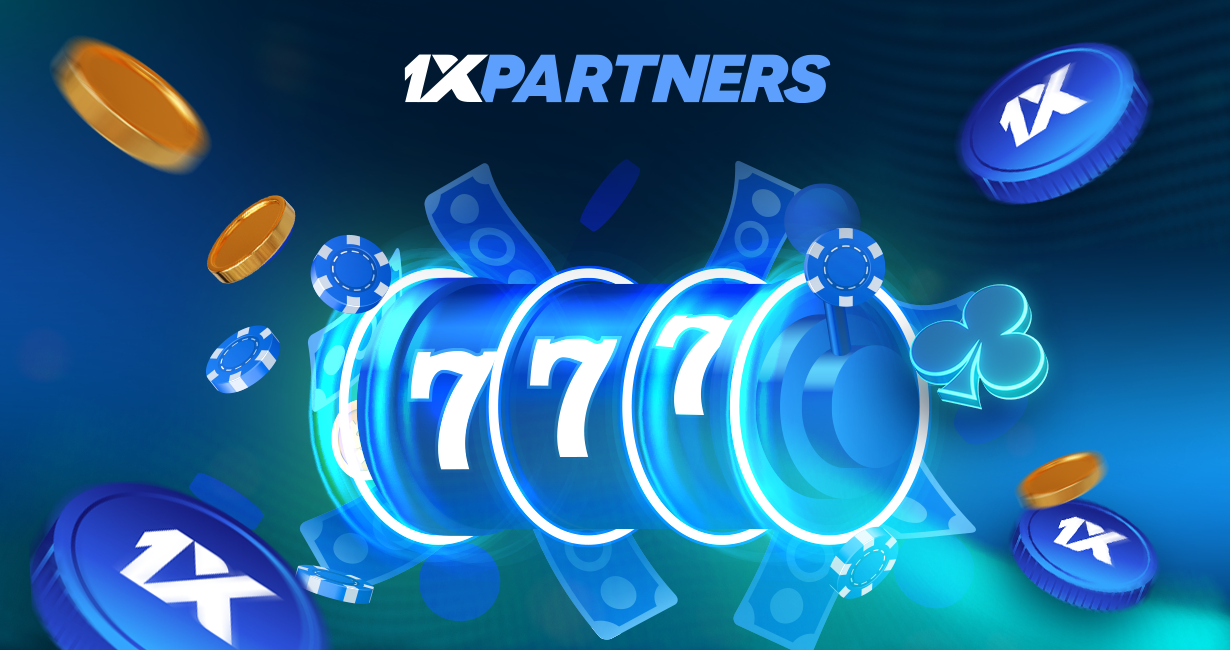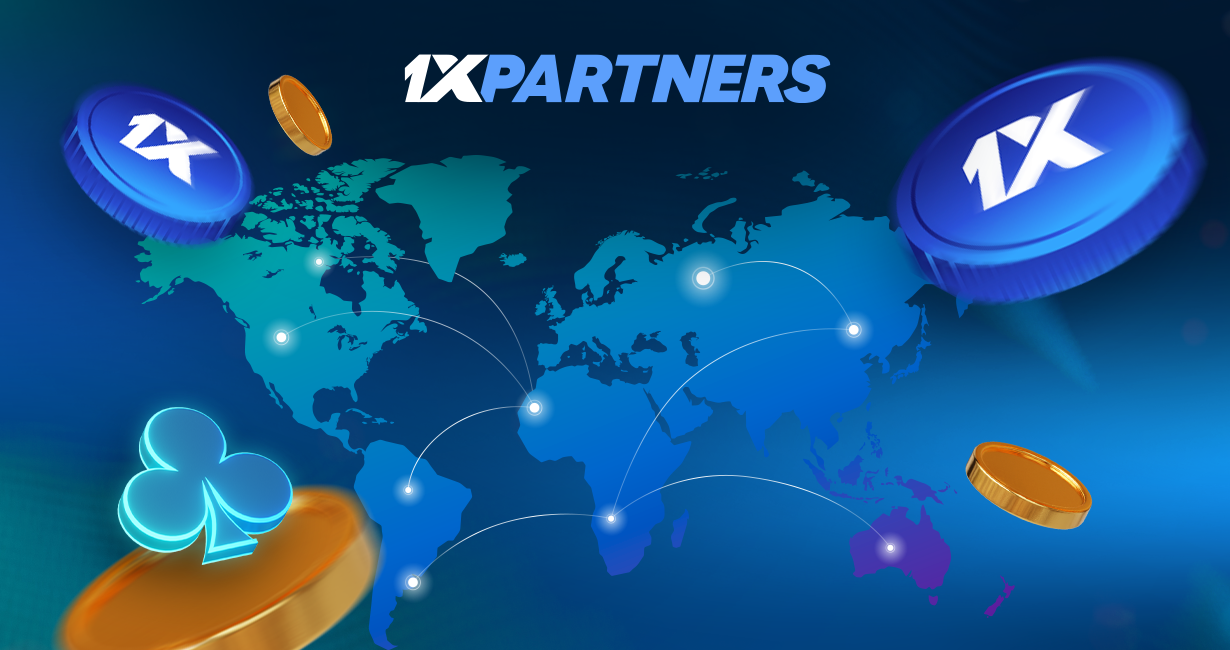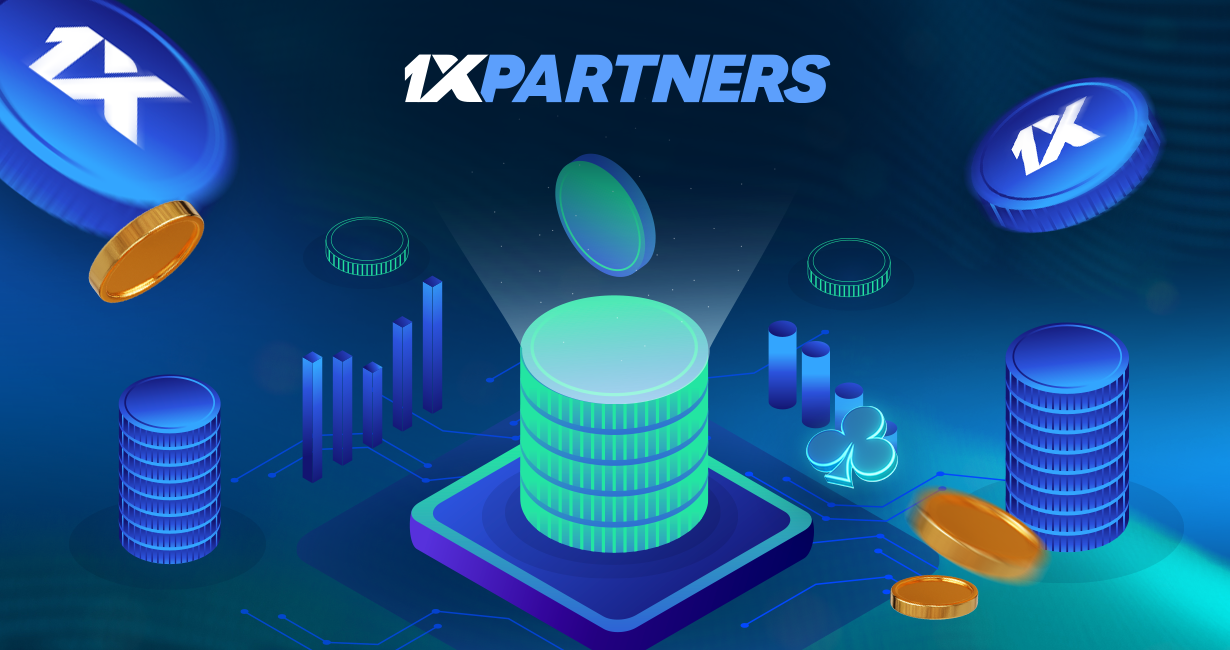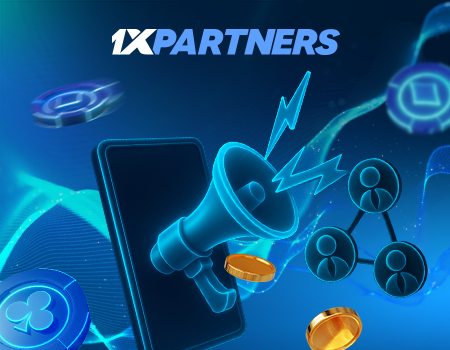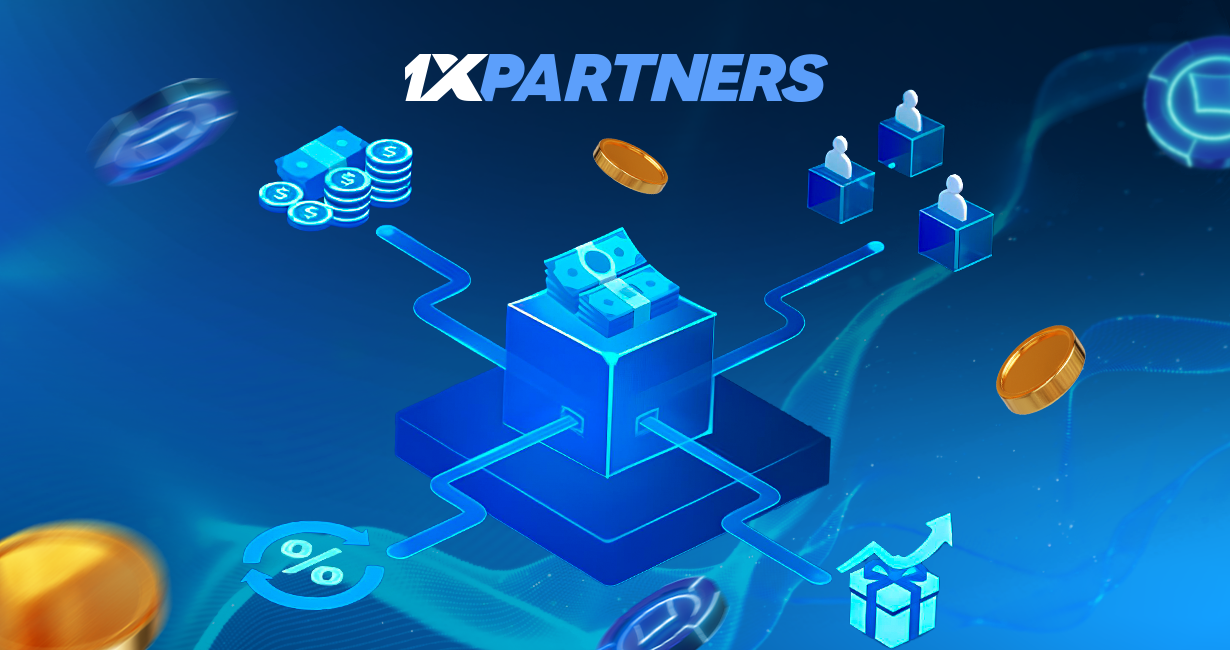Cloaking in 2025: real risks, Google rules, and when no-cloaking becomes a safer strategy for affiliate projects.
Cloaking vs No-Cloaking: Worse it?
In 2025, the choice between cloaking and no-cloaking means balancing quick results with long-term stability. Search algorithms have become smarter, policies tougher, and the price of mistakes higher. Therefore, the question of “is it worth the risk” goes beyond technology and becomes a strategic decision for business.
How Cloaking Works
Cloaking is a technical approach in which different types of visitors are shown different content. Most often, the differences are between search engine bots and real users. In the context of Google, this means that a crawler sees a “safe” page, while a human sees commercial or risky content.
The typical logic of cloaking is based on several signals that are analyzed by the server before returning the page:
- browser or bot user agent;
- IP address and data center ranges;
- GEO and language;
- referrer (Google, direct transition, advertising);
- behavioral patterns.
Technically, this is implemented through:
- server scripts (PHP, Node, edge-rules);
- specialized trackers with a built-in cloaking module;
- CDN level with filtering rules;
- separate “white” and “money” pages;
- fallback logic in case of checks.
In the Google ecosystem, cloaking usually looks like this: a bot indexes content that complies with search policies, while the user is redirected to a page with affiliate offers, lead forms, or other monetization elements. At first glance, the scheme seems effective, but modern algorithms take into account more and more indirect signals — from rendering speed to post-click behavior.
It is important to understand that in 2025, cloaking is no longer a “simple bot filter.” It is a complex system that requires constant updating of rules, monitoring of logs, and understanding of how Google detects discrepancies between indexed and actual content. That is why many affiliates are beginning to rethink the feasibility of this approach against the backdrop of the development of no-cloaking strategies.
Why Affiliates Use Cloaking
Affiliates resort to cloaking not because it is “trendy,” but as a response to the strict restrictions imposed by advertising and search platforms. In many verticals, especially those related to gambling, betting, or aggressive affiliate offers, direct promotion through Google becomes almost impossible without additional technical solutions. This is where cloaking begins to be perceived as a way to bypass filters while maintaining traffic flow.
One of the key reasons for using cloaking is the desire to separate the “public” version of the page from the commercial one. Search engines or moderators see neutral, informative content, while real users land on pages with conversion logic. This allows affiliates to work with niches that Google considers risky but which bring in a stable income.
Most often, the motivation looks like this:
- 1. protecting affiliate pages from being banned in Google Search;
- 2. extending the life of domains and landing pages;
- 3. scaling traffic without constantly replacing sites;
- 4. testing aggressive offers without losing indexing;
- 5. working with GEO, where the rules are different.
Launching a new site, promoting it with SEO, and warming it up takes months, while cloaking allows you to get results much faster. For many affiliates, this looks like a compromise between speed and risk. This approach is especially common in conjunction with paid traffic, where every day of downtime means a loss of budget.
Part of the market perceives cloaking as an “industry norm,” especially among teams working with large amounts of traffic. They factor the risk of being banned into their financial model and treat it as a working expense.
At the same time, in 2025, the reason for using cloaking is increasingly linked not to a desire to break the rules, but to an attempt to adapt to Google’s algorithms, which do not always correctly evaluate affiliate content.
Risks of Cloaking
Despite the appeal of cloaking as a tool for circumventing restrictions, this approach carries the highest concentration of risks for affiliate businesses. In 2025, search engines, especially Google, have made significant progress in detecting discrepancies between content for users and bots. This means that any mistake or excessive aggressiveness in implementing cloaking can have long-term consequences.
The most obvious risk is complete deindexing. If algorithms detect a systematic violation, the site may disappear from search results in a matter of days, regardless of the age of the domain or traffic volume. In this case, recovery is virtually impossible, even after removing the cloaking logic.
The key threats are as follows:
- domain ban in Google Search and other search engines;
- manual sanctions after quality check;
- blocking of advertising accounts;
- decrease in trust of all related sites;
- problems with indexing new projects.
Another danger is technical complexity. Cloaking requires precise configuration of filters, IP databases, user-agent logic, and constant updates. Any failure can result in Google seeing “prohibited” content. This often happens during algorithm updates or changes in bot behavior.
Affiliates are forced to invest in additional infrastructure, filtering services, backup domains, and constant testing. If the site is sanctioned, these costs are not recouped. For small teams, this can mean a complete shutdown of operations.
There is also a reputational factor. Affiliate programs, hosting providers, and payment services are increasingly paying attention to traffic sources. If cloaking is detected, the following may occur:
- termination of cooperation;
- freezing of payments;
- blocking of accounts without explanation.
As a result, cloaking in 2025 is not just a technical trick, but a strategic risk. It may provide short-term benefits, but at the same time poses a constant threat to business stability, especially if the main traffic depends on Google.
Cloaking vs No-Cloaking: Key Differences
Comparing cloaking and no-cloaking in 2025 is not just a choice of tool, but a difference between two philosophies of working with traffic. Both approaches are used in affiliate marketing, but they have fundamentally different logic, risk levels, and long-term consequences, especially if Google is the main source.
Cloaking is based on content separation: search bots see a “safe” version of the page, while real users are redirected or receive different content. No-cloaking, on the other hand, involves complete transparency — the same content for all types of traffic. It is this difference that determines almost all further consequences.
The key differences between the approaches are immediately apparent:
- 1. level of compliance with Google and other platform rules;
- 2. indexing and ranking stability;
- 3. technical infrastructure requirements;
- 4. scaling speed;
- 5. business planning horizons.
From a security standpoint, no-cloaking looks much more reliable. Sites without hidden logic survive algorithm updates better, are less likely to be subject to manual checks, and retain the trust of search engines. Cloaking, on the other hand, is constantly balancing on the edge — any change in algorithms can instantly break the whole scheme.
In terms of operating costs, the difference is also significant. Cloaking requires:
- separate servers or proxies;
- up-to-date IP and user-agent databases;
- regular testing from different GEOs;
- backup domains in case of blockages.
No-cloaking is much easier to maintain. The main resources are directed not at cloaking, but at content, SEO, and conversion optimization. This makes the model more predictable and manageable, even for small teams.
Another important difference is strategic. Cloaking is often used for short sprints, rapid traffic flooding, or aggressive offer testing. No-cloaking is better suited for building long-term projects, brands, and stable affiliate assets that work for months or years.
As a result, the choice between cloaking and no-cloaking is a choice between fast but fragile results and slower but sustainable growth. In 2025, as Google’s control tightens, this difference becomes crucial for the survival of the affiliate business.
When Cloaking “Works” and When It Doesn’t
Cloaking sometimes “works” in scenarios where the project has no long-term goals and is not designed to build trust with the search engine. Most often, this applies to situations where the key indicator is fast traffic turnover rather than domain stability. In such cases, affiliates usually focus on short launch cycles and rapid scaling.
Typical situations where cloaking can temporarily show results:
- 1. launching new offers for initial testing;
- 2. aggressive verticals with a high level of competition;
- 3. temporary domains without SEO history;
- 4. GEOs with less stringent control by search engines;
- 5. campaigns designed to last 10–30 days;
- 6. traffic that is not planned to be retained or returned.
In such conditions, cloaking allows you to hide real content from bots and pass initial moderation. However, even here, the effect is usually short-lived. In 2025, Google uses more sophisticated behavior analysis methods, which minimizes the “lifespan” of cloaking.
At the same time, there are many more scenarios where cloaking not only does not work but directly harms the project. This is especially true for affiliates who build their business around organic traffic or brand presence. In such cases, cloaking becomes a risk rather than an advantage.
Situations where cloaking is almost guaranteed to fail:
- sites focused on SEO and content;
- projects with long-term monetization;
- working with Google Search as the main channel;
- using one domain for multiple campaigns;
- branded websites or pseudo-brands;
- connection with white or semi-white offers.
In these cases, the consequences can be systemic. The most common problems are as follows:
- complete or partial deindexing of pages;
- manual sanctions from Google;
- a drop in trust in the domain;
- blocking of related accounts;
- inability to restore positions even after cloaking is removed.
Separately, it is worth considering the technical and human factors that often make cloaking unstable even in “gray” scenarios. In practice, the cloaking system fails much more often than it seems at the planning stage.
The most common points of failure are:
- 1. outdated or incorrect IP address lists;
- 2. incorrect user-agent identification;
- 3. errors in redirect logic;
- 4. content leaks due to caching;
- 5. unpredictable proxy behavior;
- 6. test transitions by moderators.
In addition, cloaking is almost impossible to scale without increasing risks. The higher the traffic volume and the more pages there are, the faster the system attracts the attention of algorithms. What can “survive” for two weeks on one landing page often breaks down on the third or fourth attempt at scaling.
As a result, cloaking in 2025 can only work as:
- a short-term testing tool;
- a way to quickly test hypotheses;
- a temporary solution without brand attachment.
In all other cases, especially when working with Google, no-cloaking becomes a more predictable and safer strategy. It allows you to build assets that do not disappear after the first check and reduces dependence on constantly launching new domains.
